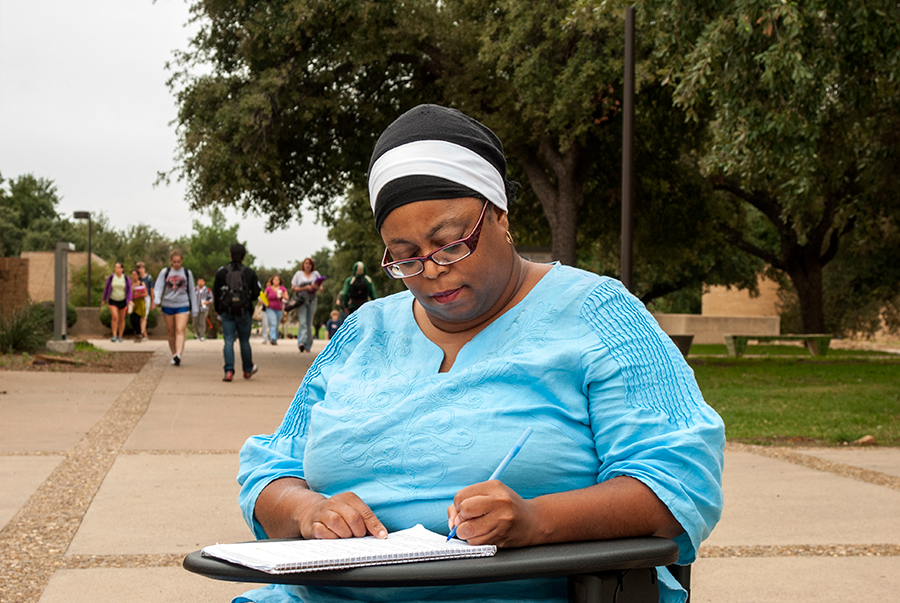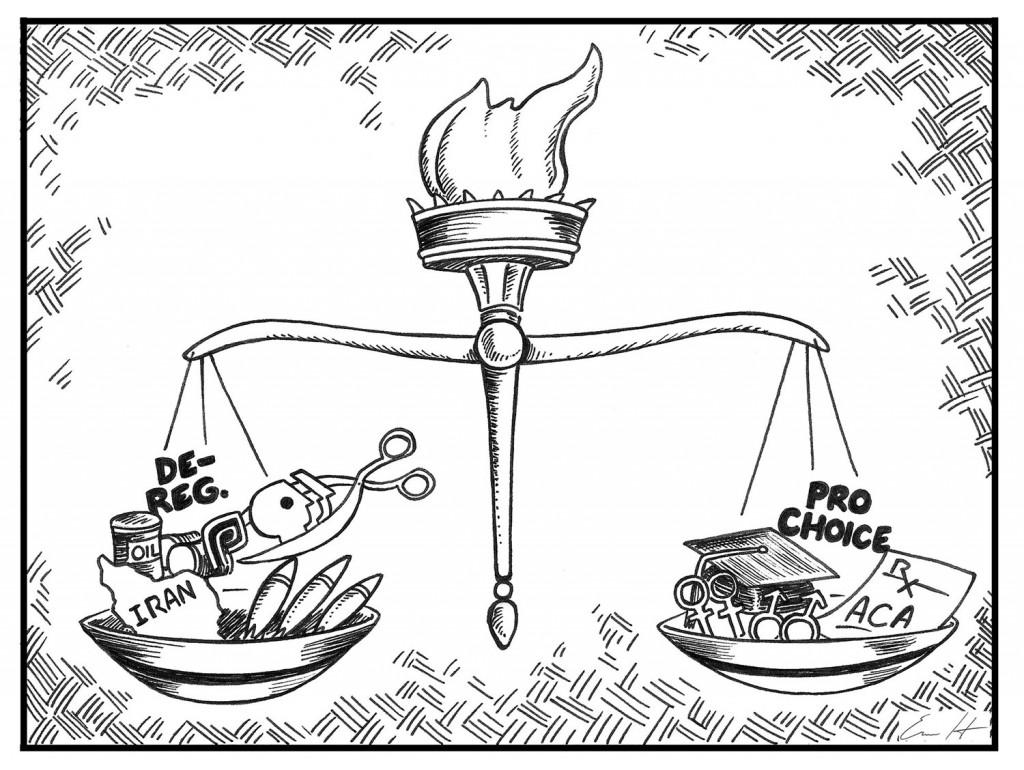By Stephanie Homeyer/reporter
TR students learned seven steps to preventing test anxiety before test day during Calming Test Anxiety Oct. 16.
Counselor Lori Leach gave eight basic signs of test anxiety. If, after studying, a student experiences increased heart rate, rapid and shallow breath, upset stomach, headaches, tense muscles, sweaty palms, trouble eating or sleeping, an adrenaline rush or any combination of the symptoms as a result of anticipating or taking a test, the student likely has test anxiety, she said.
Test anxiety has several effects. Some examples include fearing or dreading the test, difficulty concentrating, racing or irrational thoughts, feelings of irritability or helplessness or “going blank,” which is having trouble recalling studied information. A student can take any of several measures to prevent test anxiety and reduce its effects, Leach said.
The first step in prevention is putting things in perspective, Leach said.
“Remember that the test doesn’t define you or your worth,” she said.
Next is to study completely.
“The third step is to remind yourself of the things in your favor, such as prior test success, studying and previous difficulties that you overcame,” she said.
The fourth step is remembering that the results of one test do not affect one’s entire college experience. Preventing “irrational thinking,” such as derogatory speech to oneself or obsessing over single questions, is a great aid in preventing test anxiety, Leach said.
“The fifth step is to visualize yourself completing the test successfully despite your anxiety,” she said. “Practice this multiple times before the test so that it is second nature to you.”
Using the word quiz instead of test because it is less stressful is the sixth step.
The seventh step is to be calm.
Deep breathing exercises work well to reduce stress and calm oneself, Leach said. Taking a deep breath slowly, holding it for four seconds and then exhaling slowly repeatedly for a minute significantly reduces stress. She said this technique can be used during a test since it helps quickly.
A student also could do six things to prevent test anxiety on test day. One is avoid talking with other students prior to the test.
“Their anxiety can rub off onto you,” she said.
Avoiding distractions during a test is another technique. For example, Leach said students distracted by people finishing early and leaving should sit far from the door where they would be less interrupted. She also told students to remind themselves of “all that you’ve got going for you,” to practice the deep breathing exercises and prevent irrational thoughts and not to obsess over the time.
“Try to think of it as a game where you are trying to get the most points,” she said.
Students who feel uneasy or unsure can visit their campus’ advising and counseling center and ask for help.
“We are always there to help you,” she said.



























